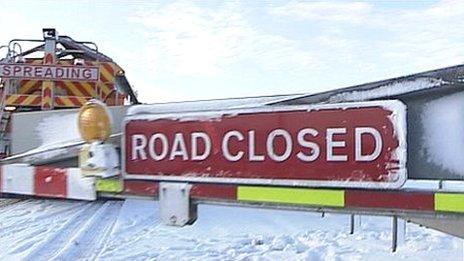Greater Manchester road study considers M60 congestion relief
- Published
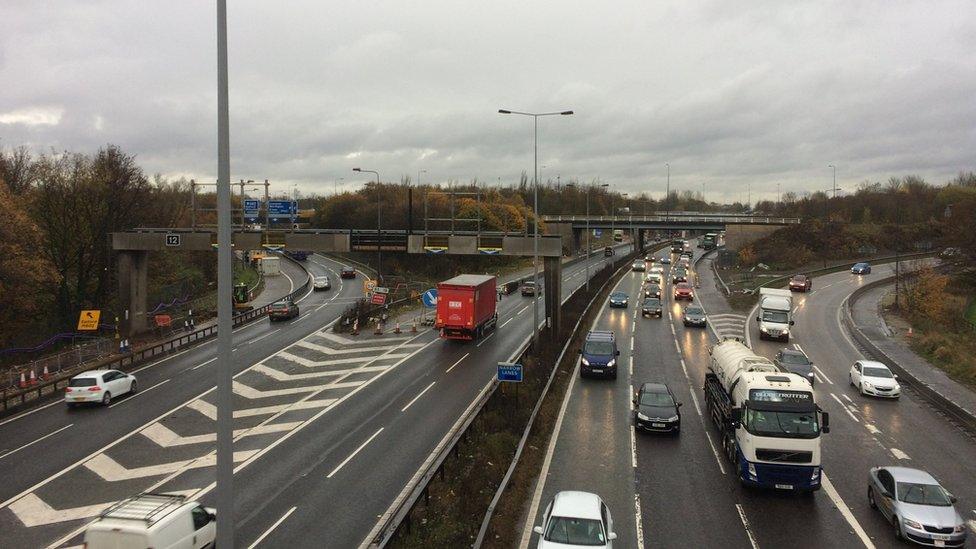
The options for the north-west area of the M60 are part of government plans
A new link road joining two motorways, an orbital corridor and junction widening are being considered to tackle congestion in Greater Manchester.
The options for the north-west area of the M60 are part of government plans to boost transport links in the region.
It is part of a Department for Transport (DfT) and Transport for the North (TftN) study that found average peak-time speeds of less than 15mph.
More work is needed to make a case for the various proposals, TftN said.
The report, which includes other road studies for the North of England, is due to be published by the DfT, with the findings feeding into the Autumn Statement on Wednesday.
Chancellor Philip Hammond will give an update on a number of government spending projects, including transport upgrades.
The Treasury has said an extra £1.3bn will be spent UK-wide to tackle congestion.
The road study for the the north-west section of the M60, aimed at tackling "high traffic flows", has considered the following options:
A new link from the M58/M6 junction to the east of the M62's junction 18
A new orbital corridor outside the M60 from the M56, round to the M62 to the east of junction 18
Junction improvements and widenings that create greater capacity from the M62 west of junction 12, to the M61 and on to the M62 east of junction 18.
A report on the progress of TftN and the DfT said: "The packages would provide significant improvements on the M60 and wider transport network within the study area.
"They would address the existing and future problems, and should be considered for further development."
The Greater Manchester Combined Authority - which represents the 10 borough councils - is due to note the TftN Strategic Studies update on Friday.
TftN is due to issue a report on priorities and costs, and benefits of its studies across the North in April 2017.
- Published20 November 2016
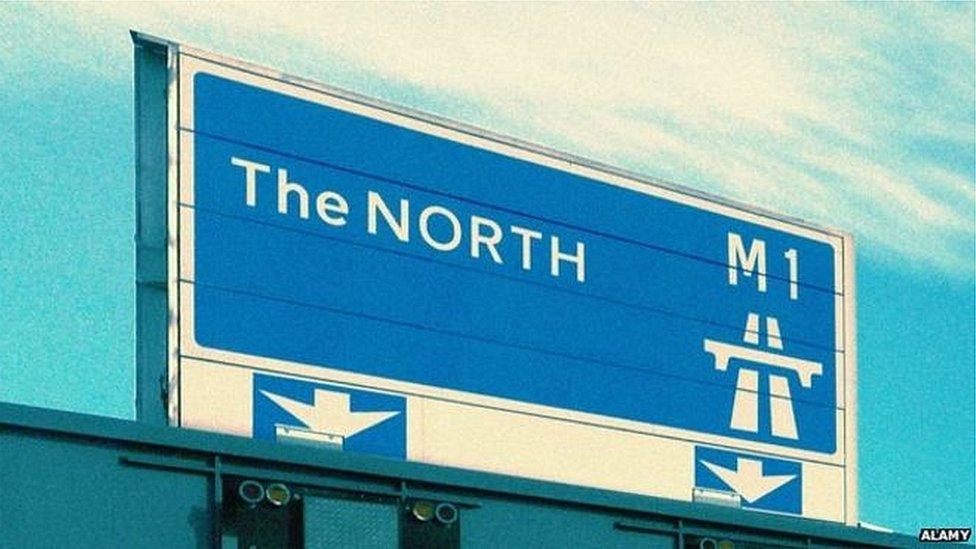
- Published30 November 2015
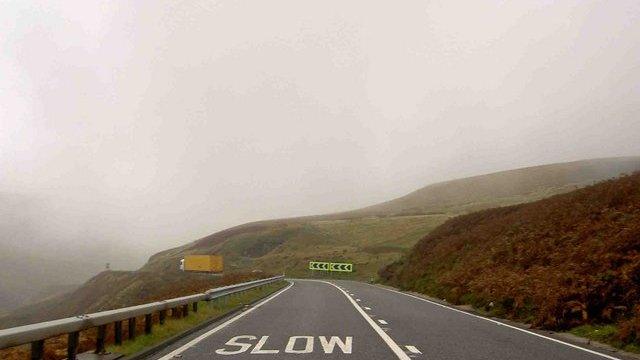
- Published1 December 2014

- Published1 December 2014

- Published1 December 2014
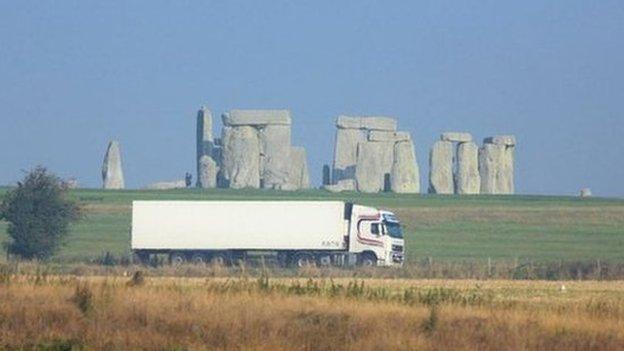
- Published12 August 2014
- Published11 November 2013
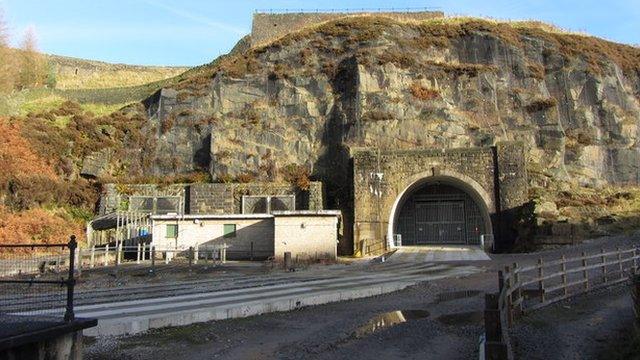
- Published2 October 2012
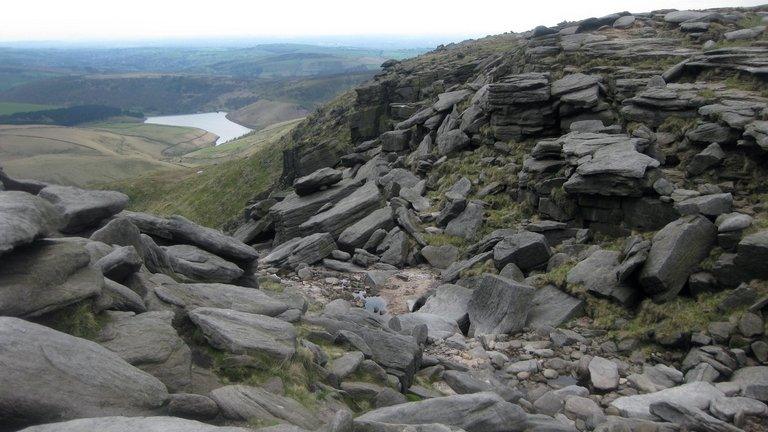
- Published20 February 2012
